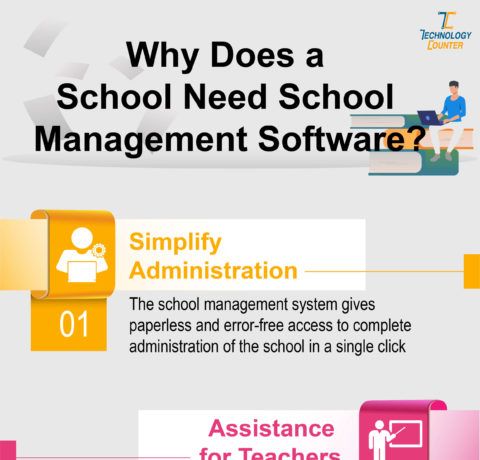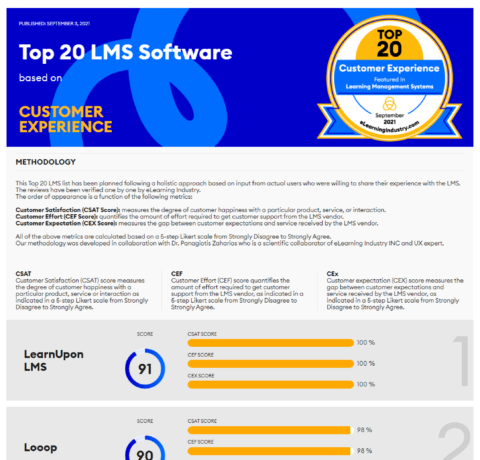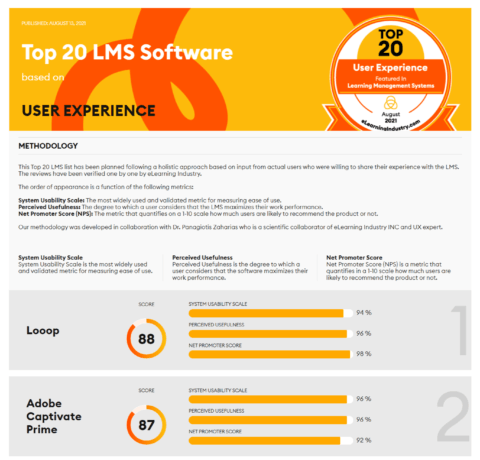The Real Future Of Australian Education Infographic
The effects of the changing job climate and rapid technological advancement are evident across all areas of society and education is no exception. Increasingly, Aussies are concerned about whether the current school curriculum is equipping children with the skills and knowledge needed for the future. And, whether entering primary school for the first time or taking up tertiary study, parents want the best for their children.
The Real Insurance Future of Australian Education Survey is the twelfth installment in a series of national studies that investigate the shifting values and concerns affecting Australian families. This chapter offers particular insight into how well children are being educated and equipped for the future workplace.
The future of the Aussie workplace
Many Australians are excited by the possibilities technology will bring to the workplace of the future.
The greatest concerns tend to be:
- 71% Dehumanisation of the workplace
- 71% Uncertainty about the kinds of jobs will be available
- 70% Job security
When it comes to emerging workplace trends most say there will be:
- 94% Greater need to be adaptable to different roles
- 93% Greater need to multi skill
- 92% Increasing interaction with robots or smart technology
Preparation for the future
Most Australians say they are concerned about how well today's children are being educated for the future workplace.
Most agree that:
- Traditional academic subjects do not prepare young people for the work environment they will face.
- Many of the current skills or subjects they are learning in school will be irrelevant once they enter the workforce.
Most believe there should be a focus on:
- Multi skill education to accommodate a multi career future.
- Change in the education system due to the change in traditional career paths.
- Education should place a higher value on practical vocational skills.
Best way to teach for jobs that may not currently exist
- Encouraging multi skirling and adaptability
- Teaching life skills
- Problem solving and decision making
Technology based learning
Most Australians are comfortable with the amount of technology-based learning systems used today in schools.
Most see the amount of technology-based learning used today in schools as a positive rather than a negative.
However, there are some concerns...
- 47% Some children may get left behind or fly under the radar.
- 43% The time children spend interacting with screens is already high enough.
- 40% There is insufficient information regarding the long-term impacts on development.
There is also considerable concern regarding virtual teachers and classes
Close to 3 in 5 think:
- 58% This technology would likely reduce the amount of interaction children have with teachers.
- 57% This technology would give children fewer opportunities to practice dealing with real world situations.







You can adjust your cookie preferences here.